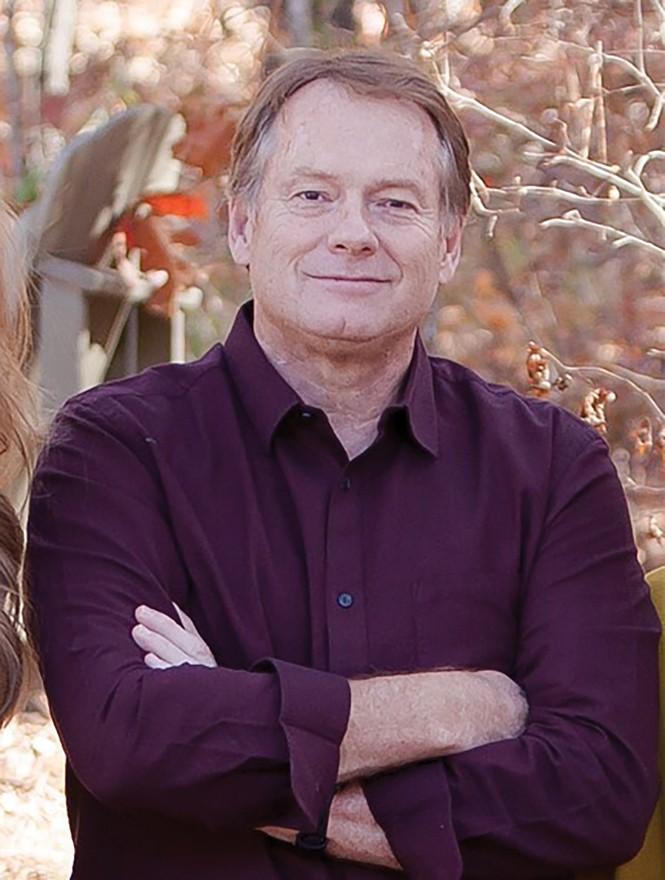Decisions ... decisions ... decisions. Life's full of them, says former Utahn Philip Kimble, who tries to eliminate the guesswork in his just-published The Art of Making Decisions. The businessman, who now lives in the Atlanta area, earned degrees from both BYU and the U of U. Speaking of decisions, he confesses, "I'm a conflicted fan whenever they play each other."
What prompted you to write a book on decision-making?
I saw a number of situations from my own family and in professional settings where people struggled with making decisions of all magnitudes. Some of the principles and practices regarding decision structure that I learned through my career, I felt could be modified to fit those situations.
We make thousands of decisions daily, right?
There are studies that demonstrate a person will make about 30,000 decisions a day, about 200 of them just on eating alone.
Why do you say decision-making is an "art"?
A good decision structure is a blend of fixed, quantitative and qualitative components. It is the blending that makes it a near art-form.
How do we avoid bad decisions?
There are three components to decision structure: our absolutes (Booleans), our quantitative preferences and our qualitative reasoning (gut feel, wisdom, experience). The breakdown usually occurs when we ignore one of these components or rearrange their sequence.
What about choosing the lesser to two evils?
That's still a decision. The trick is finding out which one that is, and having the propulsion to carry it out.
Can you share a couple of tips on how to make "right" decisions?
The book goes into detail about a good-decision process. For example, someone about to purchase an automobile might fall for the emotional hype that the television commercials try to generate, or he could analytically decide first his absolute needs, then his preferences—and then apply the emotional aspects to it.
What do you tell a person whose mantra is "YOU decide"?
That is typically a person who doesn't want to deal with the risk of making a sub-par decision, whether it is painting the house a particular color or where to eat tonight. Risk adversity is a common problem, especially in today's society. We want someone else to take the fall for a bad decision.
More by Lance Gudmundsen
-
Uneasy lies the head that wears a crown
"I pray, Mr. Adams, that the United States does not suffer unduly for its want of a monarchy." Replies the American: "We will strive to answer your prayers, Your Majesty."
- Jun 19, 2019
-
Yesterday's old Royal Typewriter, and Today's Blogosphere
Reflecting on a well-chronicled career.
- Apr 24, 2019
-
Triumvirate
The trio made small talk and joked as they pulled up chairs at their favorite table.
- Dec 12, 2018
- More »




